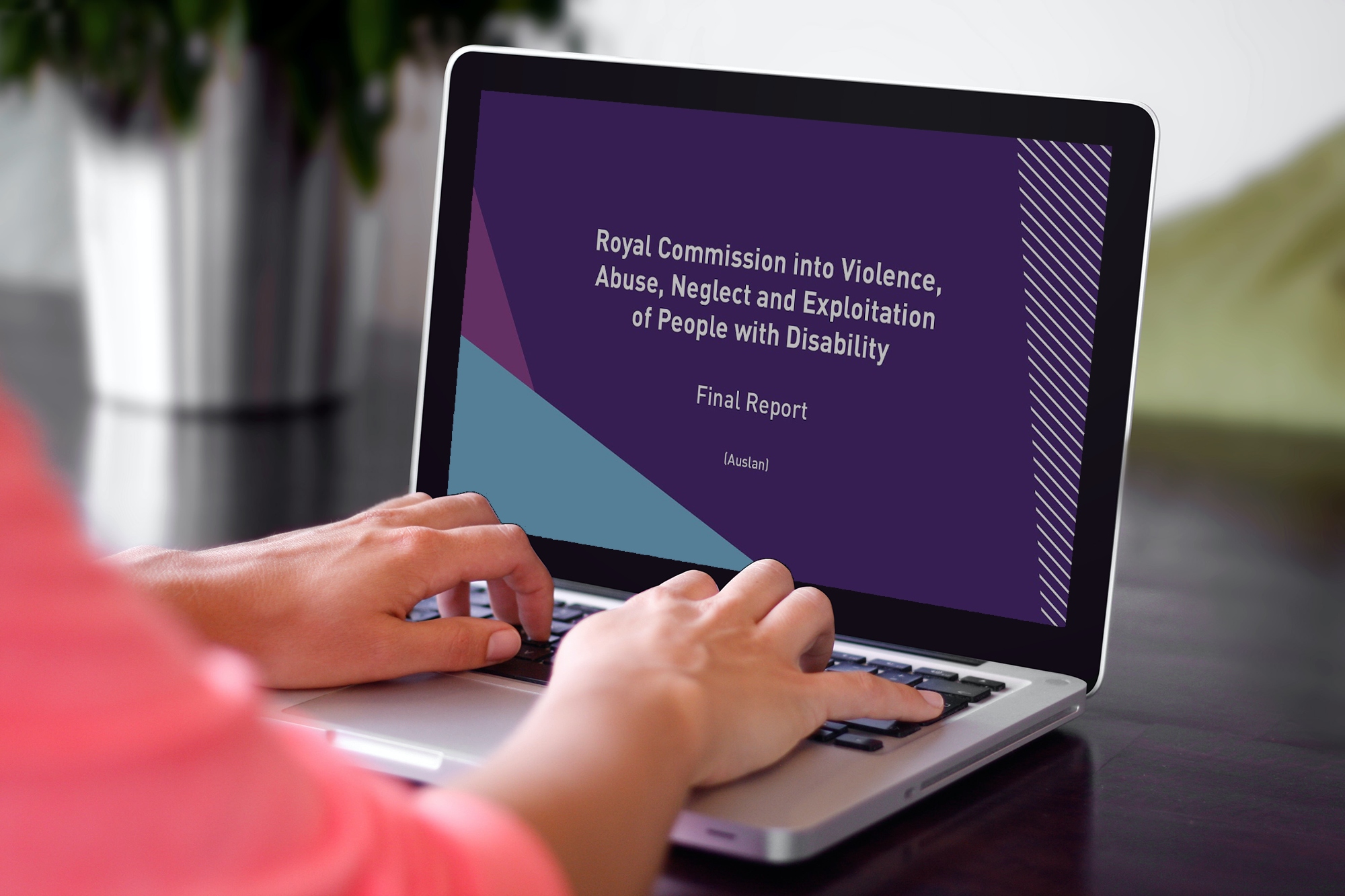As of 1 July 2019, changes to the Corporations Act 2001 (Cth) have been in place, creating a new whistleblower protection regime in Australia.
These legislative changes have extended the definition of ‘protected disclosures’, ‘eligible whistleblowers’ and have generally created stronger protections for whistleblowers. There is also a new requirement that certain entities, including public companies, must have a whistleblower policy that complies with the new section 1317AI of the Corporations Act 2001 (Cth), from 1 January 2020.
ASIC have subsequently released a Regulatory Guide that gives guidance to all companies required to have a whistleblower policy. The Regulatory Guide sets out in detail all of the elements that must be in a compliant whistleblower policy.
ASIC have also announced that not-for-profits or charities with an annual revenue of less than $1 million will be exempt from the requirement to have a policy.
However, all companies, including those not required to have a whistleblowing policy, are still bound by the whistleblower protections in the Corporations Act. Even if your organisation is not required to have one, it may still be appropriate to adopt a whistleblower policy, to ensure accountability and protect vulnerable persons within your organisation.
BNG has developed a comprehensive policy template which addresses all the required sections listed in ASIC’s regulatory guide.
Find our resources on SPP, in the Reading Room:
- Policy: Whistleblower Protection (public companies)
- Information Sheet: Whistleblower Protection
Contact Us
Want to know more? Talk to our team.


